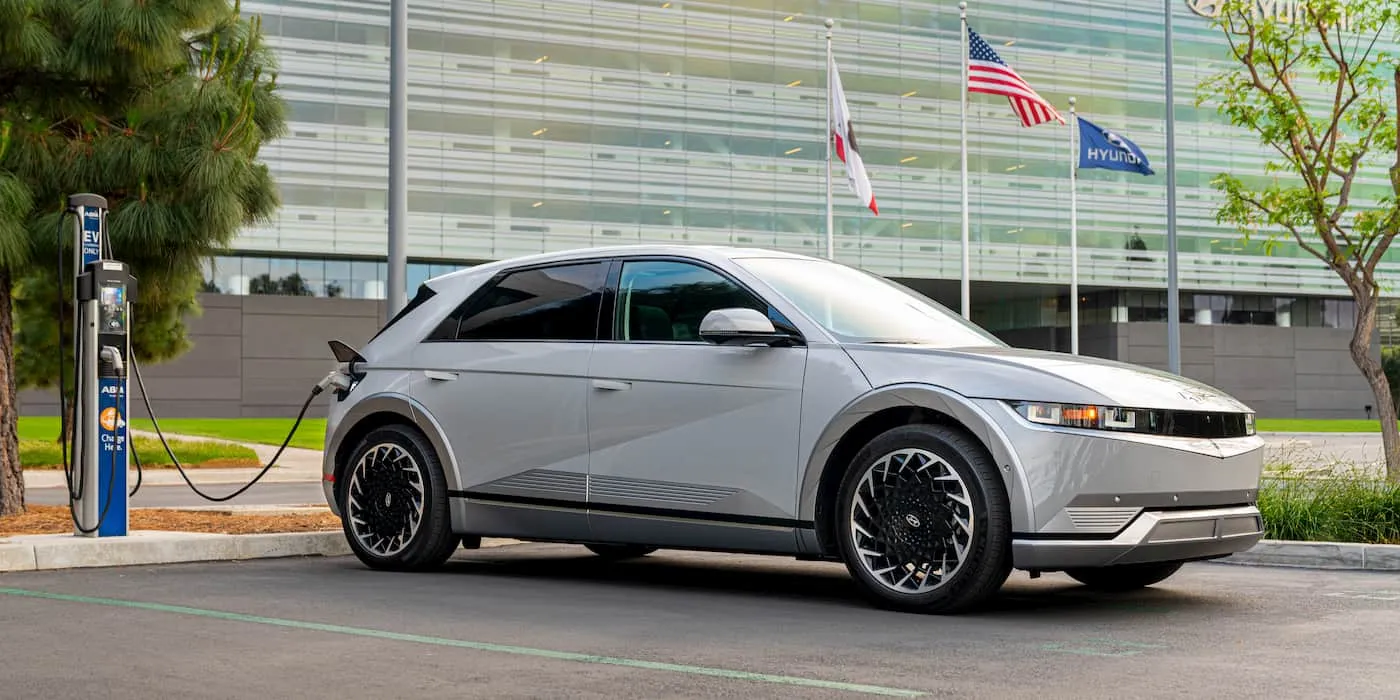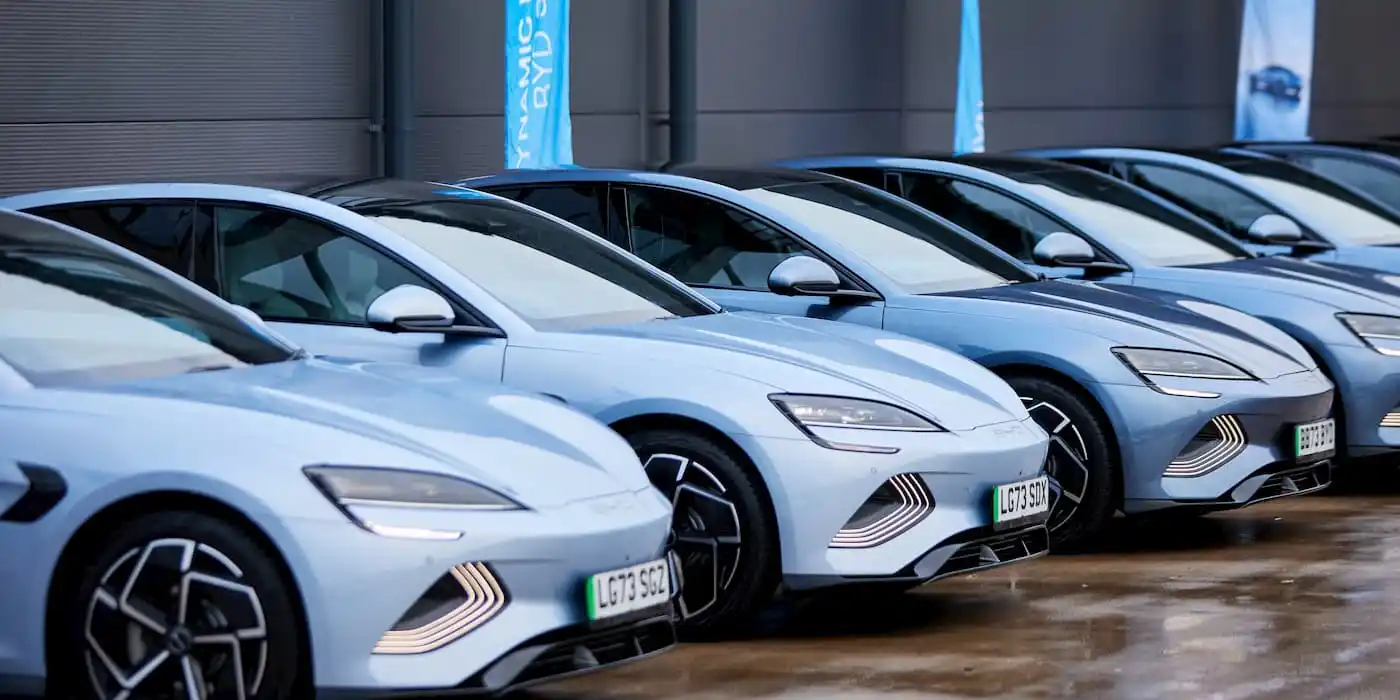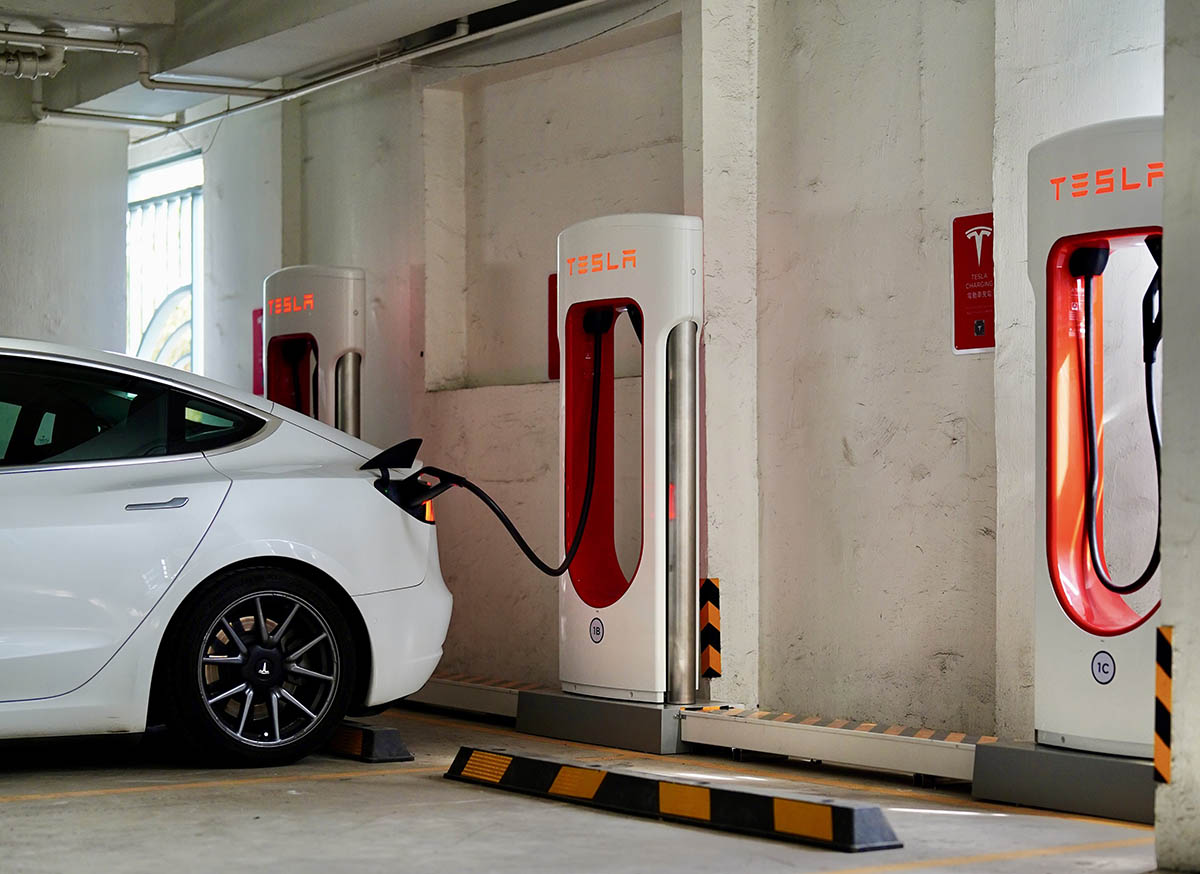The U.S. Department of Transportation’s National Highway Traffic Safety Administration (NHTSA) has unveiled new fuel economy standards for model years 2027-2031, aiming for a 2% annual increase for passenger cars and light trucks. NHTSA projects this will raise the average light-duty vehicle fuel economy to about 50.4 miles per gallon by 2031, saving owners over $600 in fuel costs over the lifetime of their vehicles.
For heavy-duty pickup trucks and vans (HDPUVs), fuel efficiency is set to increase by 10% annually for model years 2030-2032 and 8% annually for model years 2033-2035. This targets a fleetwide average of around 35 miles per gallon by 2035, saving owners over $700 in fuel expenses.
NHTSA’s new standards are expected to save nearly 70 billion gallons of gasoline and prevent more than 710 million metric tons of carbon dioxide emissions by 2050. The agency collaborated closely with the Environmental Protection Agency (EPA) to align these standards with EPA emissions standards for similar vehicle fleets.
Chris Harto, senior policy analyst for transportation and energy at Consumer Reports, criticized the new rules, stating, “The administration is merely checking the box on the legal requirement for NHTSA to set CAFE standards. Unfortunately, NHTSA is hamstrung by statutory limitations that prevent the agency from considering electric vehicles in setting the stringency of CAFE standards. It’s likely that this important consumer protection program will become increasingly irrelevant as EV sales continue to grow.”
Consumer Reports argues that the standards do not go far enough to ensure automakers do not reduce the efficiency of gasoline vehicles as they introduce more electric vehicles. They suggest that stronger standards are needed to drive the necessary efficiency improvements in both gasoline and electric vehicles.







